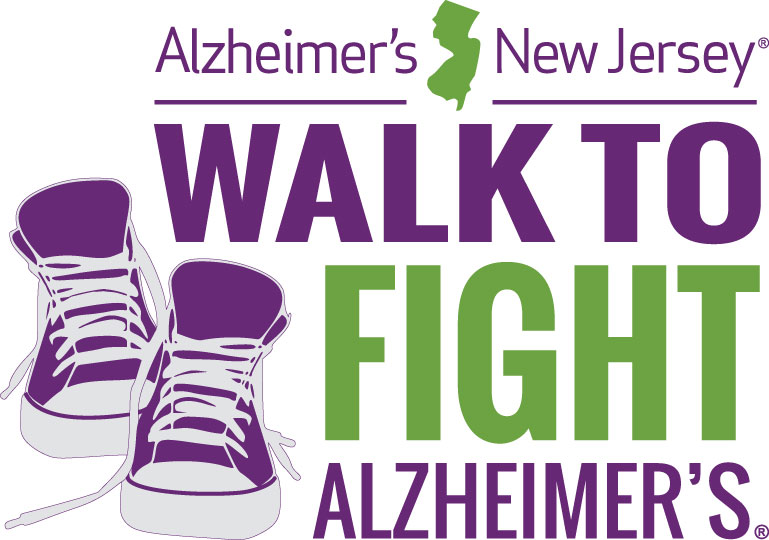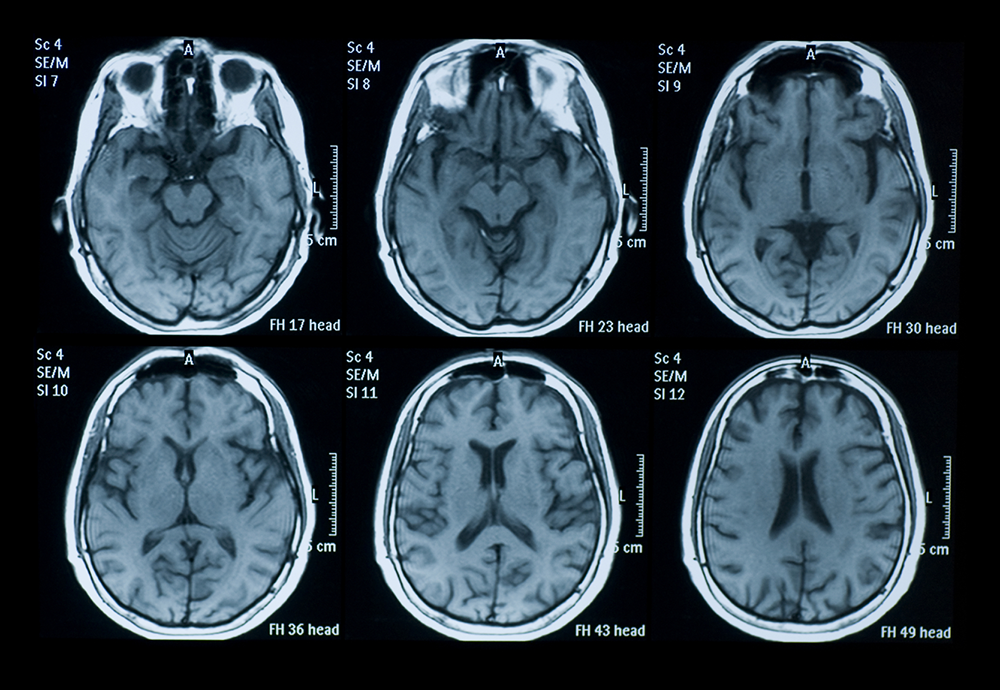Another important step forward in the fight against Alzheimer’s disease was reached last Tuesday, with the Food and Drug Administration (FDA) approval of Kisunla™ (generic name donanemab), developed by Eli Lilly. Kisunla™ is the third FDA approved disease modifying treatment, classified as such because these medications modify the disease itself rather than just treat symptoms.
Like Leqembi® (generic name lecanemab), developed by Eisai and Biogen and approved by the FDA last year, Kisunla was shown to remove the buildup of amyloid plaques from the brain. Amyloid is a natural protein produced in the body that can clump together to form plaques that may lead to memory and other cognitive issues that are symptoms of Alzheimer’s disease.
In the 18-month Phase Three Clinical Trial, Kisunla™ reduced cognitive and functional decline by 35% as compared to those taking a placebo. Study participants that were earlier in the course of the disease experienced more improvement. The FDA approved Kisunla™ for the treatment of those with mild cognitive impairment (MCI) or early-stage Alzheimer’s disease and confirmed amyloid plaques in the brain. The drug is administered as an intravenous infusion once every four weeks. The study data provided evidence to support stopping treatment once amyloid plaques were removed.
“This is another exciting development in the long and challenging journey for new Alzheimer’s treatments,” said Ken Zaentz, President and CEO of Alzheimer’s New Jersey®. “While the cognitive improvement may be relatively small, a small improvement can be extremely meaningful for persons with Alzheimer’s and their families. Kisunla™ and Leqembi® are not a cure for Alzheimer’s disease and are not a treatment option for everyone, however, the availability of these treatments does serve to reemphasizes for everyone, including healthcare providers, the importance of early and accurate diagnosis as well as the value of participating in clinical research to bring new drug therapies to those who continue to battle this life-changing disease.”
Those taking Kisunla™ need to have regular brain scans to monitor for possible side-effects, including brain swelling and small spots of bleeding known as amyloid-related imaging abnormalities (ARIA). These are usually temporary and resolve over time but, in some cases, can be serious and life-threatening.
“With the availability of these new treatment options we are witnessing very positive developments in the work of science toward slowing progression of Alzheimer’s disease,” said Zaentz. “It’s vital, however, that families work closely with their doctors to make informed decisions about the costs and benefits of these treatments. The ‘right’ decision for one family may not be the ‘right’ decision for another.”
The Center for Medicare and Medicaid Services (CMS) has said that Medicare will cover the drug in line with its previous guidelines which include 1) enrollment in Medicare, 2) a diagnosis of MCI or mild Alzheimer’s disease with documented evidence of beta-amyloid plaques in the brain and 3) having a physician who will participate in a qualifying registry with an appropriate clinical team and follow-up care to continue to gather data on the drug.
For more information, contact the Alzheimer’s New Jersey Helpline at 888- 280-6055.





